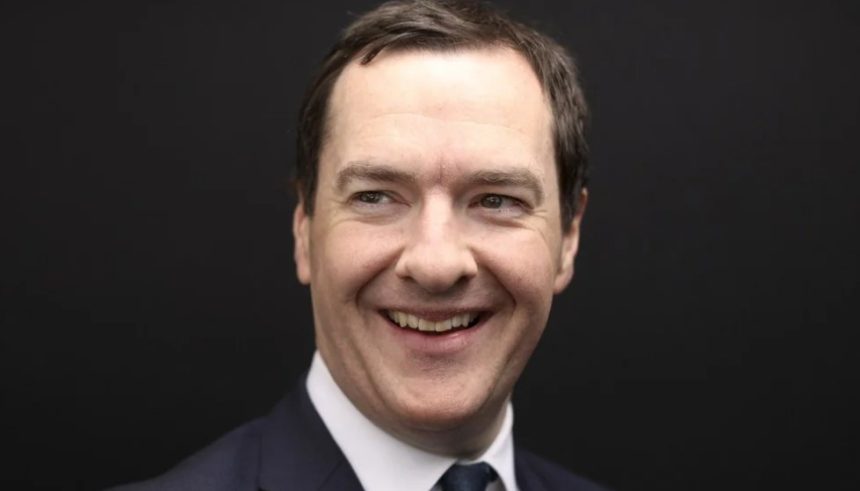George Osborne Slams UK Crypto Inertia, Warns Nation is ‘Being Left Behind’
George Osborne has fired a sharp warning shot at the UK government and financial regulators, accusing them of letting Britain slip behind global competitors in the rapidly evolving crypto space.
The former Chancellor of the Exchequer, who held office from 2010 to 2016, drew striking parallels between today’s crypto revolution and the “Big Bang” deregulation era of the 1980s, a transformative period that helped London emerge as a world-leading financial powerhouse.
But that legacy, Osborne argues, is now in jeopardy. “We became the world’s financial centre because we weren’t afraid of change,” he said. “On crypto and stablecoins, as on too many other things, the hard truth is this: we’re being completely left behind. It’s time to catch up.”
In a scathing op-ed published in the Financial Times, Osborne singled out both Chancellor Rachel Reeves and Bank of England Governor Andrew Bailey for what he called an “unclear and sluggish” response to digital assets.
“The chancellor says she’ll ‘drive forward’ on stablecoins, whatever that means,” Osborne remarked, sharply questioning the substance behind political promises.
Despite Reeves’ recent pledge to turn the UK into “the best place in the world to innovate,” Osborne isn’t convinced.
He claims the Labour government is stuck in neutral while other financial hubs, including the US, EU, Singapore, Hong Kong, and Abu Dhabi, push forward with structured, proactive policies.
Bailey’s Cautious Stance Blamed for UK Stablecoin Void
Governor Bailey’s speech at last month’s Mansion House dinner only reinforced concerns. He maintained the Bank’s hardline approach, requiring pound-backed stablecoins to be fully backed by central bank reserves, reserves that, crucially, earn no interest.
Critics, including Osborne, see this as a major blocker. The economic maths doesn’t work for innovators under such rigid terms. As a result, Britain remains nearly invisible in the $250 billion global stablecoin market, a sector currently dominated by US dollar-backed tokens.
Bailey, however, hasn’t budged. He warns that allowing looser rules could risk instability and volatility in the UK’s monetary system.
US Moves Fast, and Osborne Wants Britain to Catch Up
Across the Atlantic, politicians, including Donald Trump, have begun openly supporting crypto on their platforms. US lawmakers are moving towards clearer regulations, something Osborne insists the UK must now replicate.
“We’re being completely left behind,” he repeated, highlighting the need for urgent legal clarity and less reliance on regulatory discretion.
Currently part of Coinbase’s global advisory council, Osborne knows the industry from both sides, politics and business. His frustration appears to be growing.
This isn’t a new stance for him. Back in 2014, Osborne spearheaded a Treasury-led review into digital currencies, aiming to secure Britain’s edge in fintech. Over a decade later, that early ambition feels threatened by what he sees as indecisiveness and risk-aversion at the top.
With the crypto world not waiting for latecomers, Osborne’s message is blunt: Britain must act, or accept its fading relevance.






